
Ferdinand II was King of the Two Sicilies from 1830 until his death in 1859.
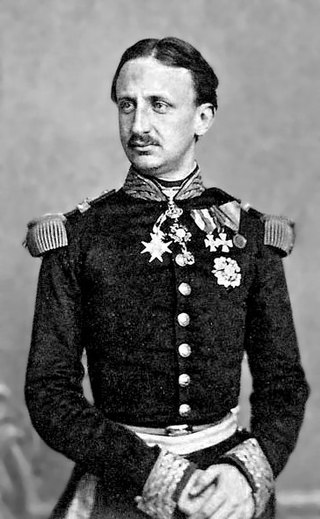
Francis II was King of the Two Sicilies. He was the last King of the Two Sicilies as successive invasions by Giuseppe Garibaldi and Victor Emmanuel II of Sardinia ultimately brought an end to his rule, as part of Italian unification. After he was deposed, the Kingdom of the Two Sicilies and the Kingdom of Sardinia were merged into the newly formed Kingdom of Italy.

The siege of Gaeta was the concluding event of the war between the Kingdom of Sardinia and the Kingdom of the Two Sicilies, part of the unification of Italy. It started on 5 November 1860 and ended on 13 February 1861, and took place in Gaeta, in today's Southern Lazio (Italy).

Luigi Magni was an Italian screenwriter and film director.

The Count of Saint Elmo is a 1950 historical adventure film directed by Guido Brignone and starring Massimo Serato, Anna Maria Ferrero and Tino Buazzelli. It was shot at the Farnesina Studios of Titanus in Rome. The film's sets were designed by the art director Ottavio Scotti.

Carmine Crocco, known as Donatello or sometimes Donatelli, was an Italian brigand. Initially a soldier for the Bourbons, he later fought in the service of Giuseppe Garibaldi.
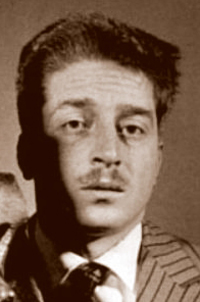
Carlo Croccolo was an Italian actor, voice actor, director and screenwriter.
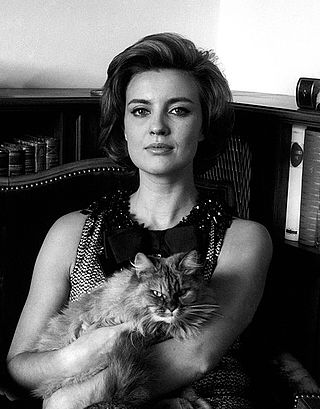
Ilaria Occhini was an Italian stage, television and film actress. She appeared in more than 30 films.
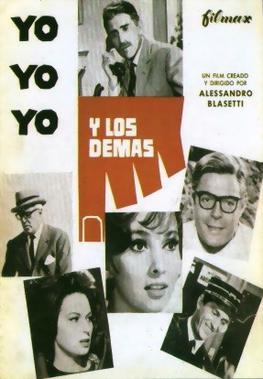
Me, Me, Me... and the Others is a 1966 Italian comedy film directed by Alessandro Blasetti. For this film Blasetti won the David di Donatello for best director.

Licenza premio is a 1951 Italian comedy film directed by Max Neufeld and starring Nino Taranto and Carlo Croccolo.

Luigi de' Medici was an Italian nobleman, legal scholar, diplomat and statesman, who served as Prime minister of the Kingdom of the Two Sicilies and the legal representative at the Congress of Vienna.

Where's Picone? is a 1983 Italian comedy film directed by Nanni Loy. Although selected as the Italian entry for the Best Foreign Language Film at the 57th Academy Awards, it was not nominated.

Rossini! Rossini! is a 1991 Italian biographical film written and directed by Mario Monicelli. It depicts real life events of composer Gioachino Rossini. Monicelli replaced Robert Altman, who was experiencing differences with the producers. The film won the David di Donatello for Best Costumes.
Danilo Desideri is an Italian cinematographer.

State buoni se potete is a 1983 Italian historical comedy drama film written and directed by Luigi Magni. The film is loosely based on real life events of Saint Filippo Neri. For his musical score Angelo Branduardi won the David di Donatello for best score and the Nastro d'Argento in the same category.

In the Name of the Sovereign People is a 1990 Italian historical comedy drama film written and directed by Luigi Magni. It won the David di Donatello for best costumes.

Nemici d'infanzia is a 1995 Italian comedy drama film written by Luigi Magni and Carla Vistarini and directed by Luigi Magni. The film won the David di Donatello for Best Script.
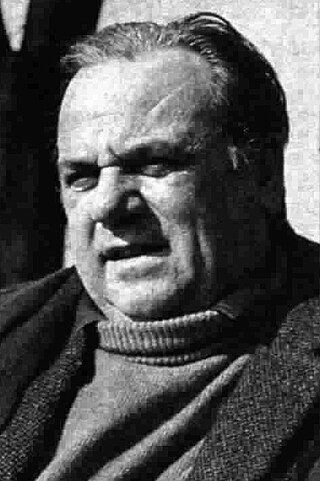
Carlo Bagno was an Italian actor.

Quanto è bello lu murire acciso, also known as The Expedition and How Wonderful to Die Assassinated, is a 1976 Italian historical drama film directed by Ennio Lorenzini. It depicts the failed expedition organized by Carlo Pisacane in 1857 to provoke a rising in the Kingdom of the Two Sicilies.
Franco Committeri was an Italian film producer.















